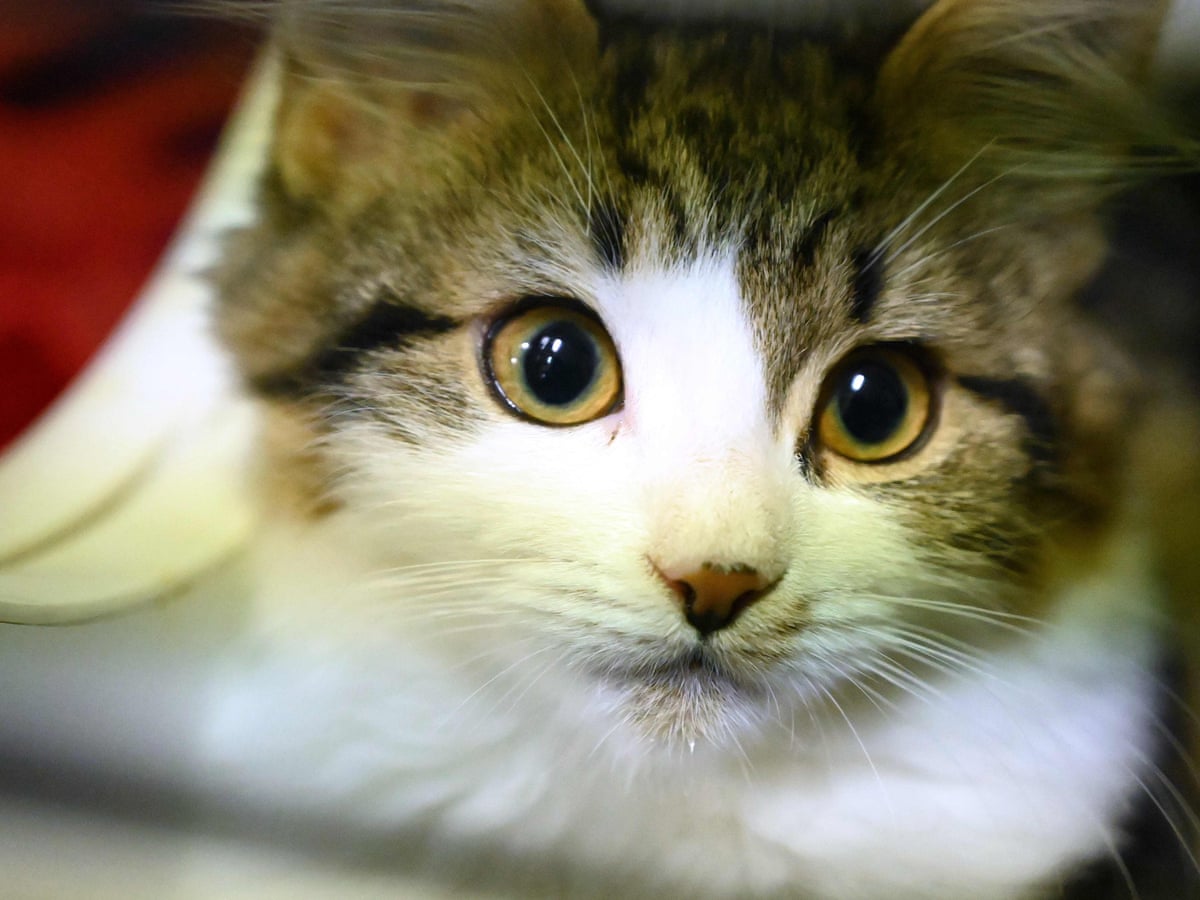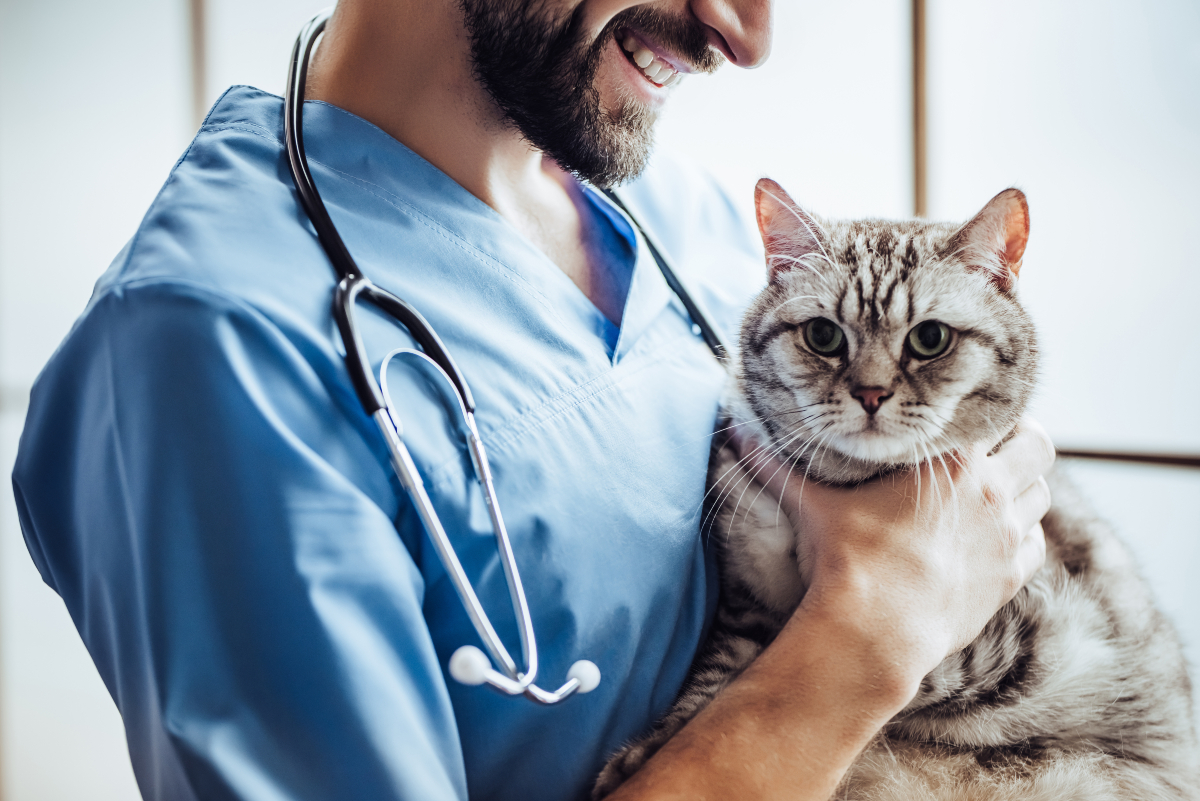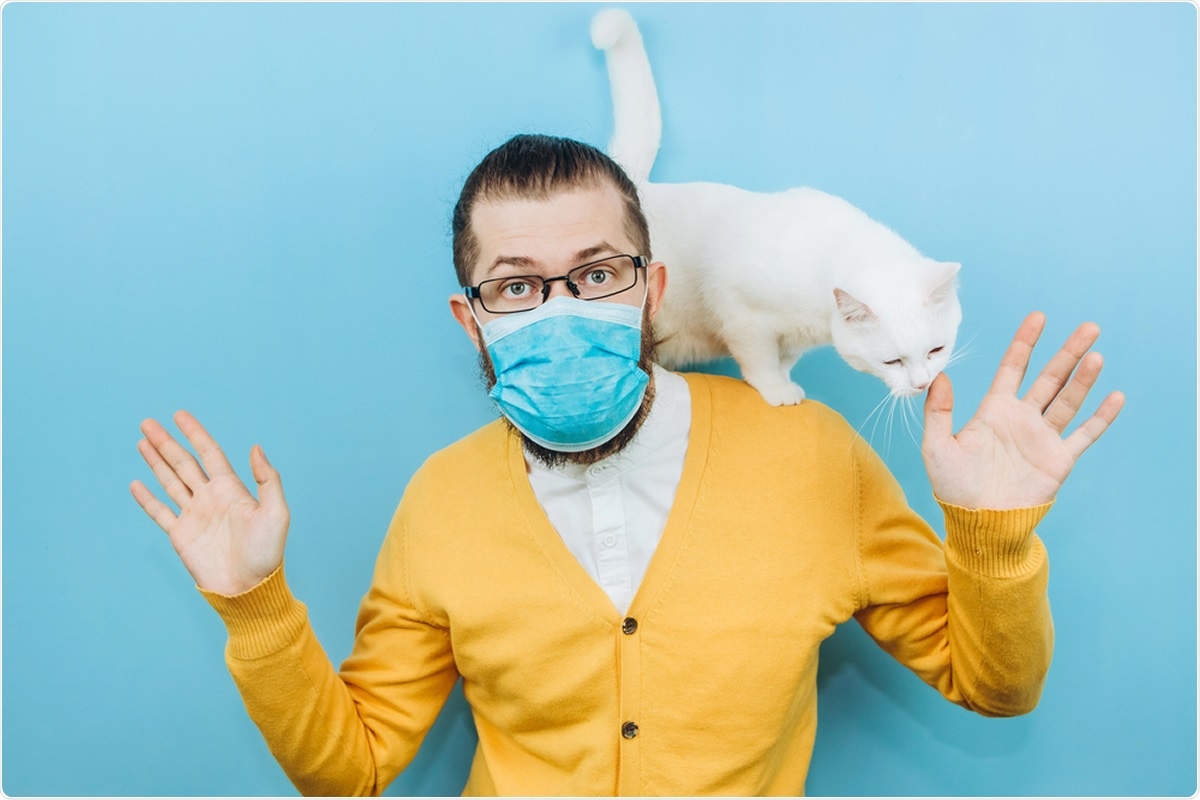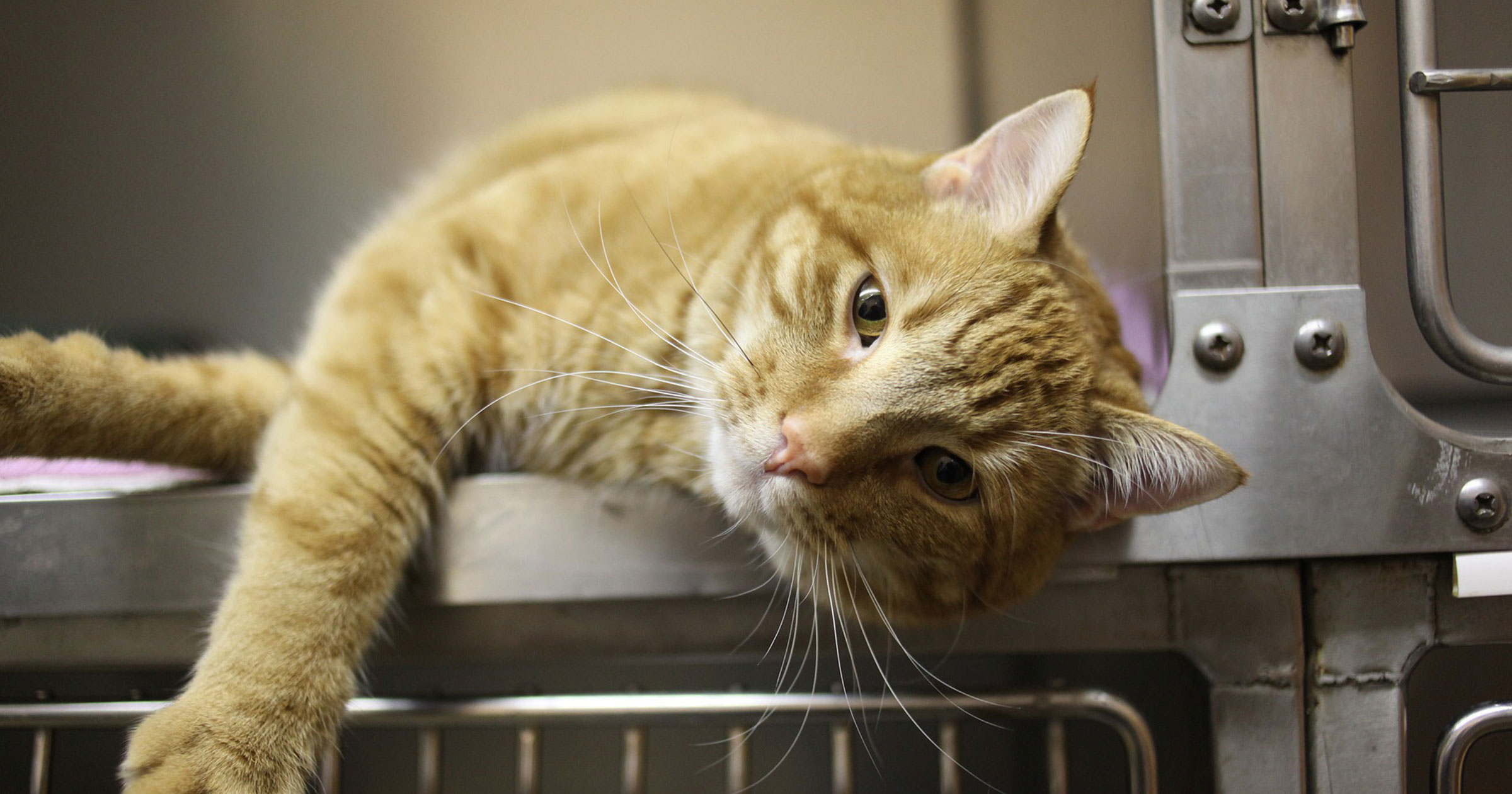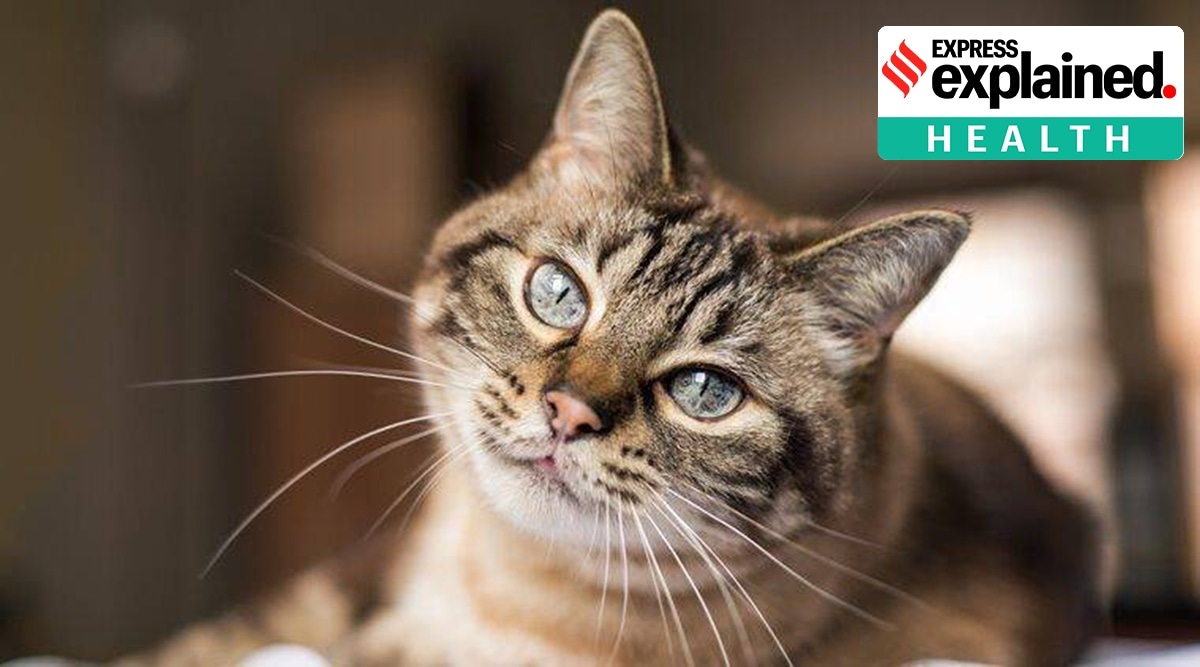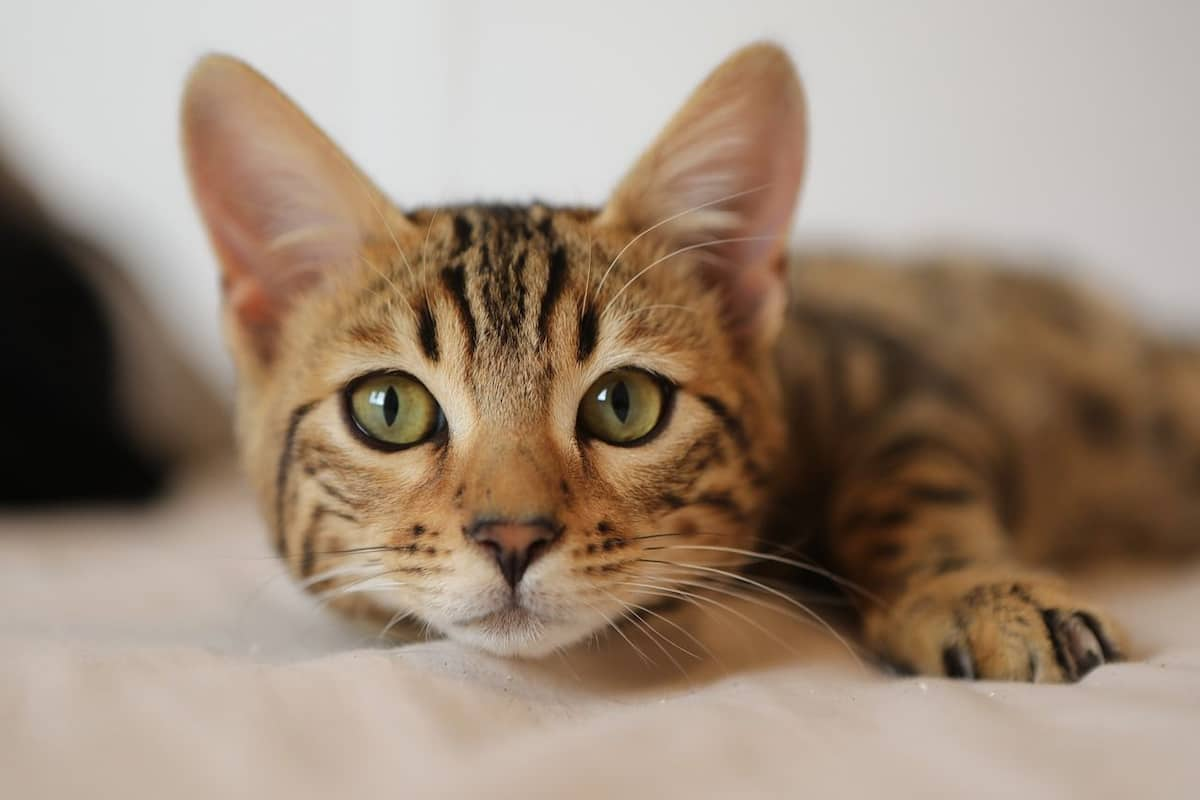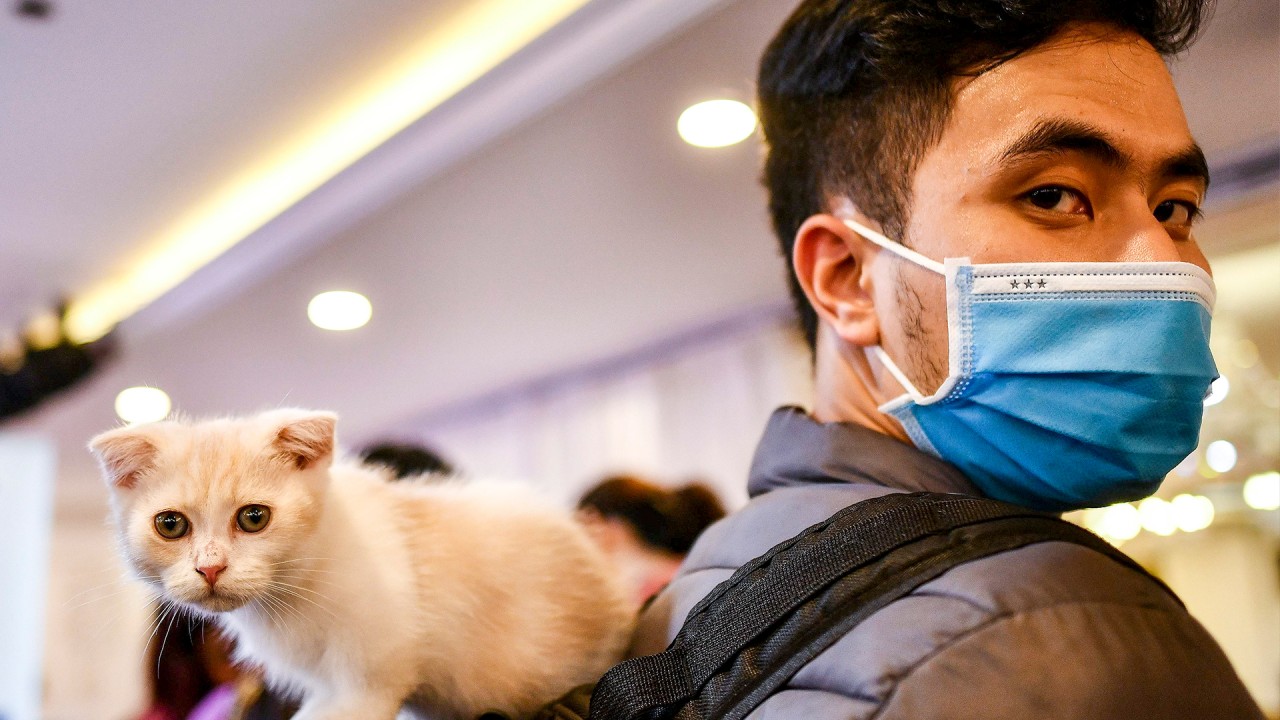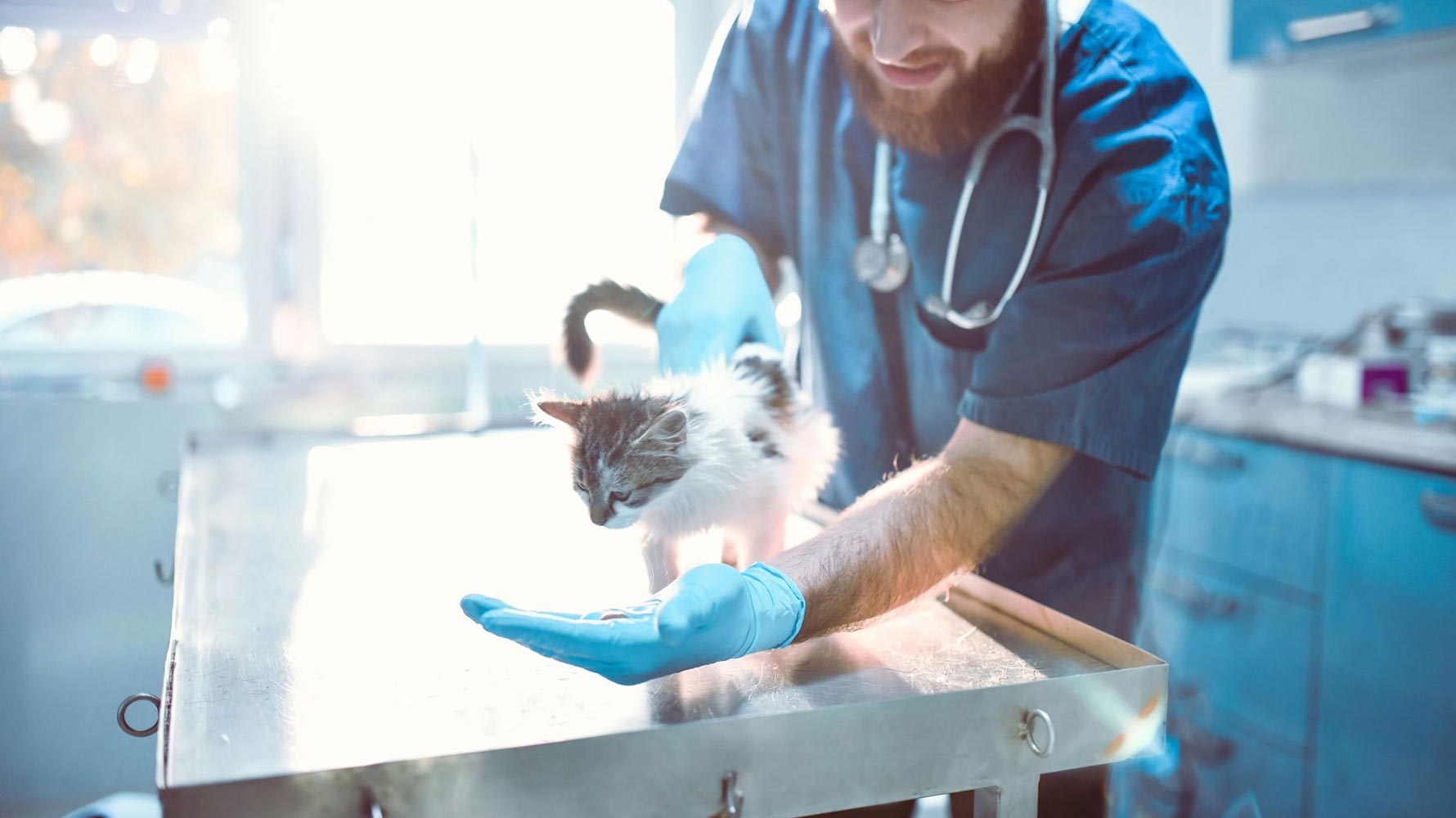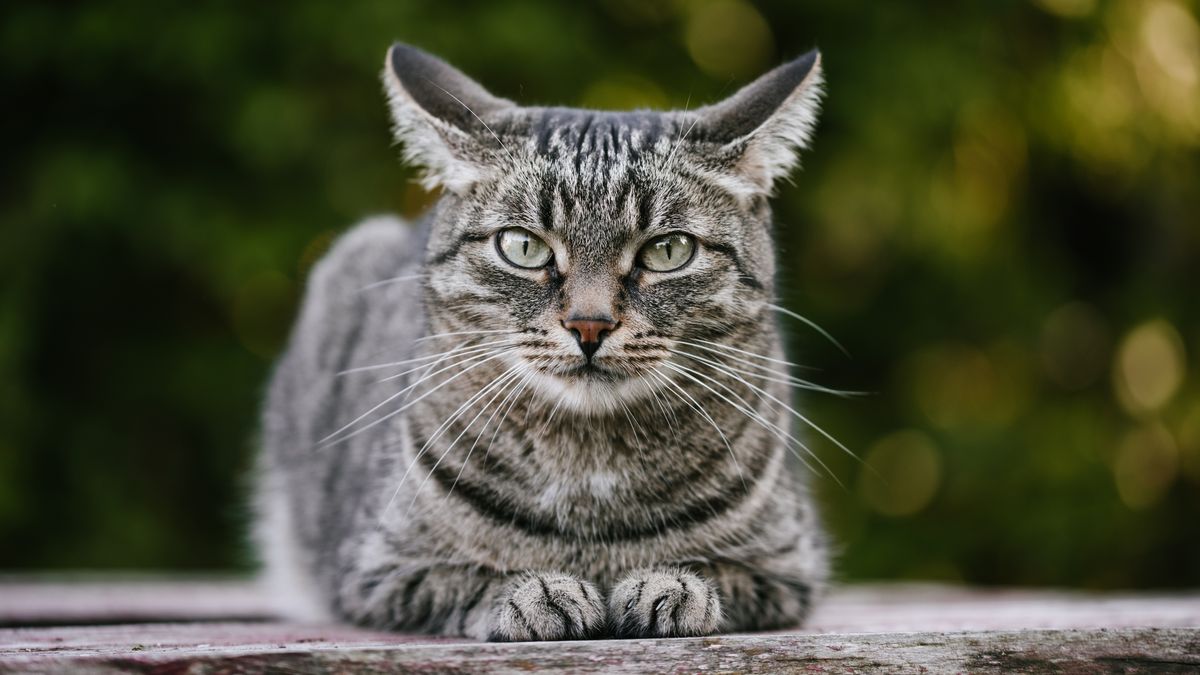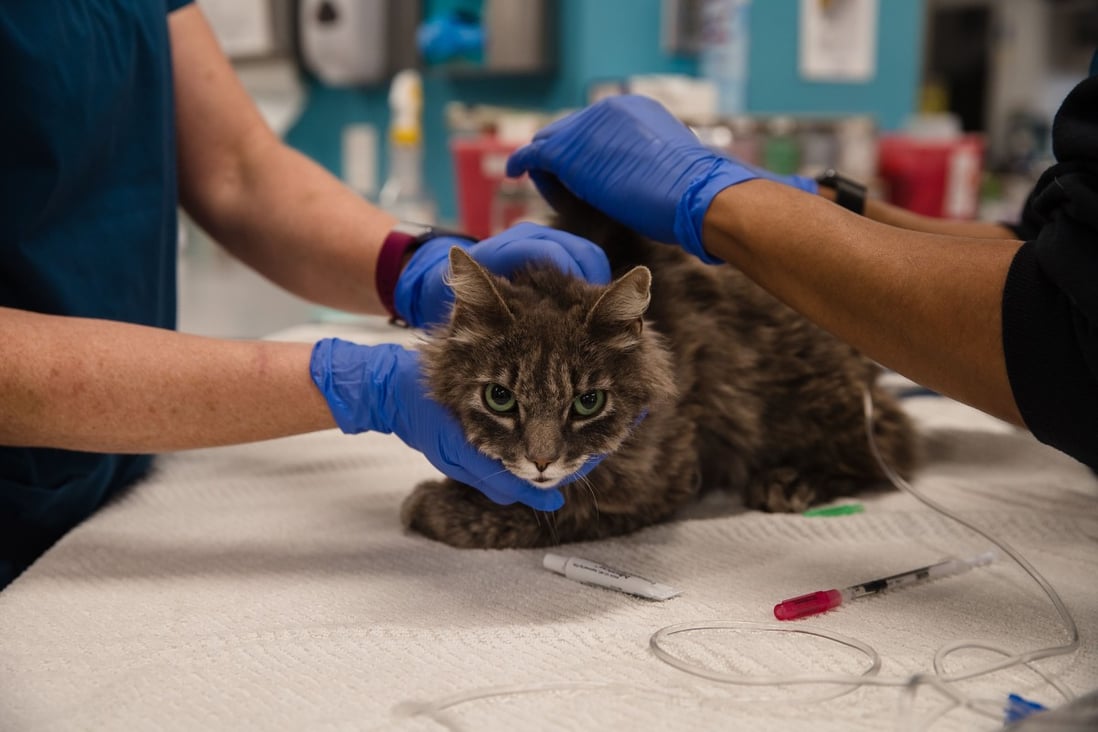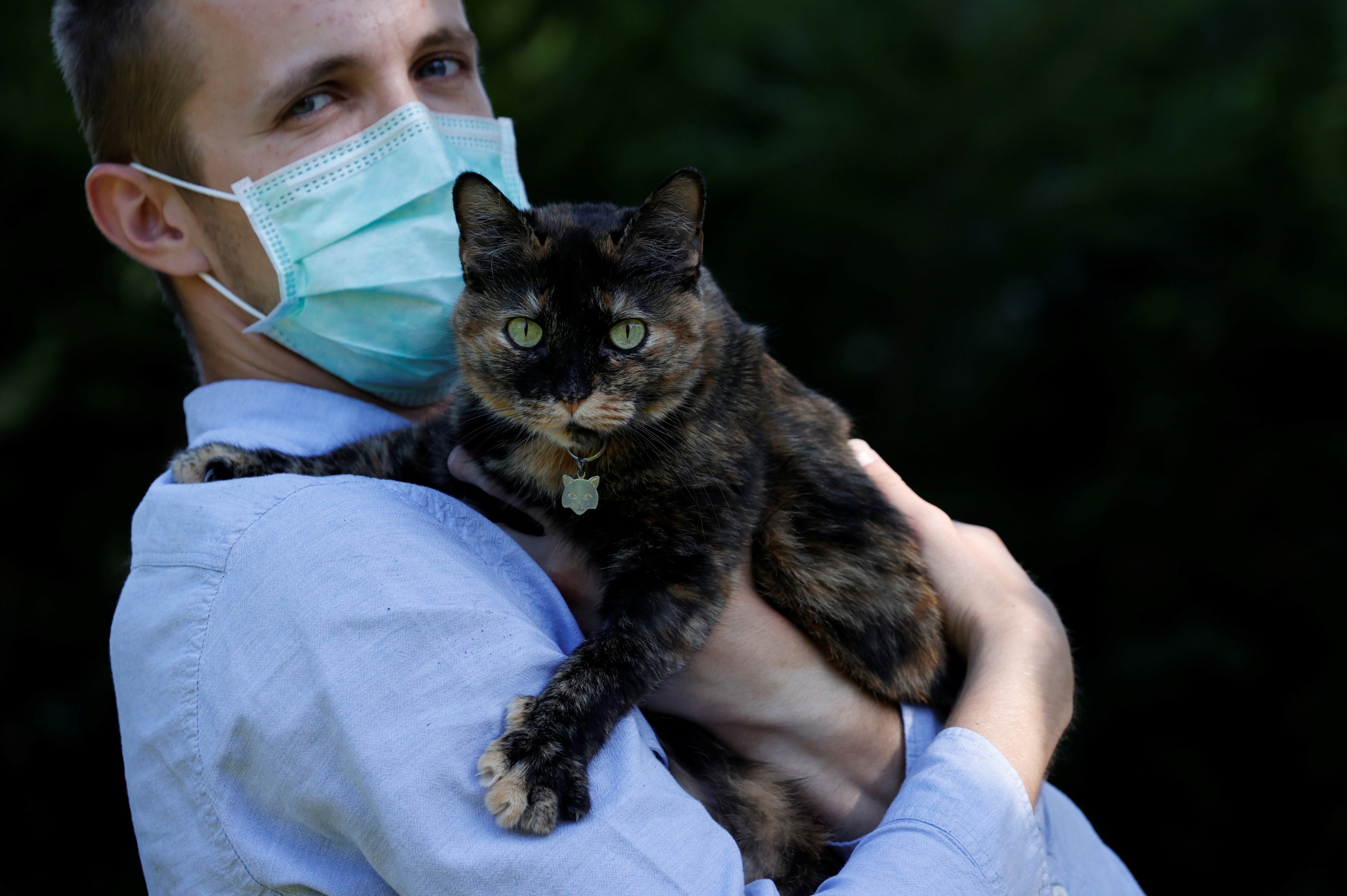Cats And Coronavirus Infection

Feline Coronavirus FCoV is a common viral infection in cats.
Cats and coronavirus infection. This happened mostly after the animals were in close contact with. It is a common contagious virus that can be found in the faeces of cats. There are no reports of infection.
An enteric coronavirus that is antigenically closely related to feline infectious peritonitis virus FIPV is ubiquitous in the cat population. Three pet cats that tested positive for coronavirus were put down in the northeastern Chinese city of Harbin state-backed media reported leading to a social media backlash at what some viewed as. Animals reported infected include.
Mutation of the virus to a type that can infect macrophages leads to feline infectious peritonitis. We dont yet know all of the animals that can get infected. Centers for Disease Control and Prevention a few pets including cats and dogs also have been infected with the virus that causes COVID-19.
An enteric coronavirus infection of cats and its relationship to feline infectious peritonitis. It is more commonly found in multi-cat households and does not affect other animals or people. Coronavirus infection is extremely widespread in cats especially where large numbers of cats are kept together.
It generally causes asymptomatic infection but can cause mild diarrhea. The research team infected three cats with large doses of the virus that causes COVID-19 SARS-CoV-2 directly into both eyes both nostrils the mouth and the trachea windpipeThe infected cats were housed in pairs with uninfected cats. As yet poorly understood changes in the virus can give rise to mutants that lead to the development of feline infectious peritonitis FIP.
Ferrets cats and civets most susceptible to coronavirus infection after humans Ducks rats mice pigs and chickens had lower or no susceptibility to infection. Household cats are more susceptible to coronavirus infection than dogs a new study has warned In the study the team looked at samples from blood serum collected from 239 cats and 510 dogs. Public concern about felines was initially raised when tigers and lions at the Bronx Zoo in New York were found to be infected with SARS-CoV-2 the virus which causes COVID-19.
